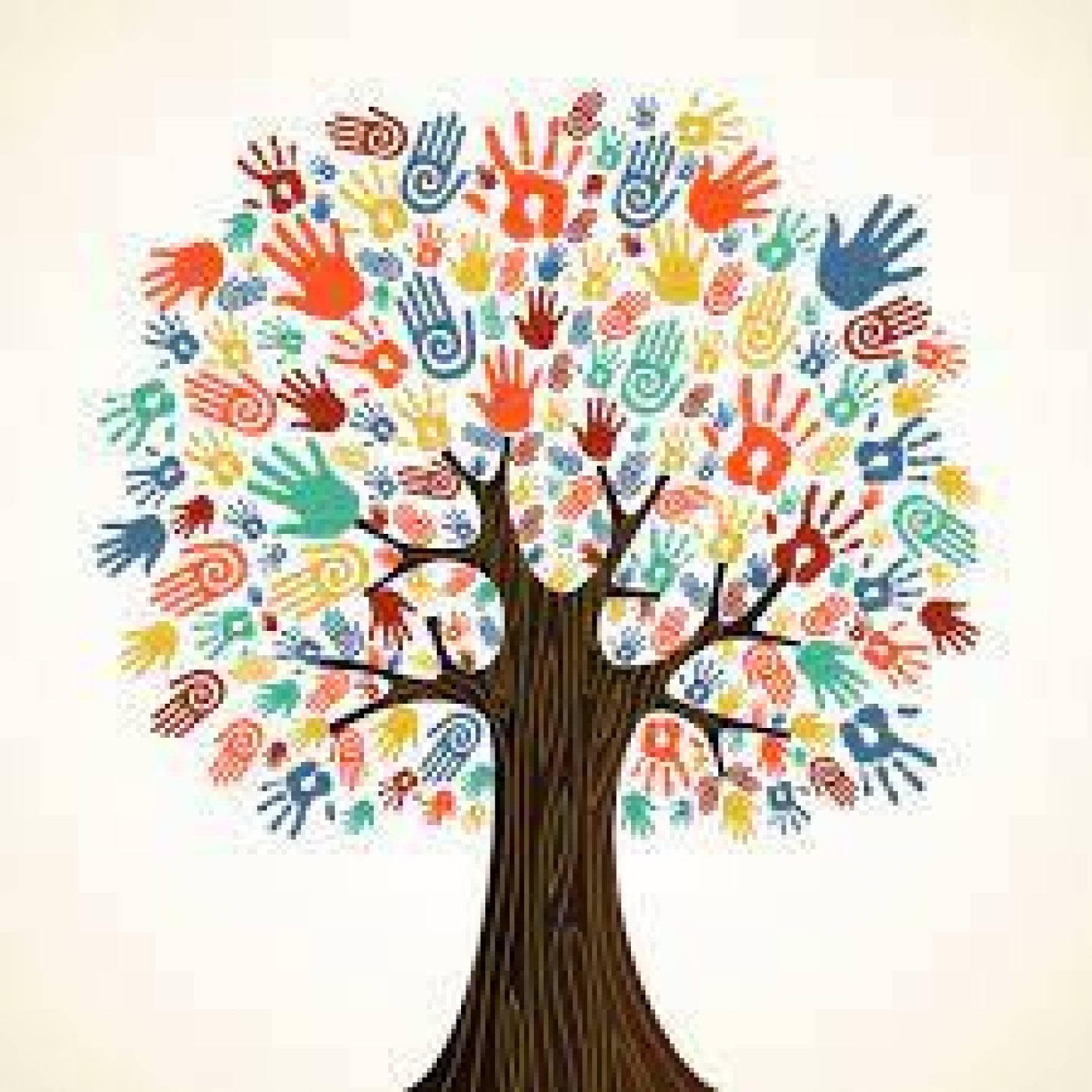Trauma-informed neighborhoods: Making the built environment trauma-informed

Trauma is a response to a deeply distressing or disturbing event, such as sexual assault, violent crime, or childhood abuse. Trauma has impacted the majority of Americans, with racial/ethnic minority and socioeconomically disadvantaged populations being disproportionately affected. Extensive evidence demonstrates trauma’s harmful effects on physical and psychosocial functioning and healthcare costs. Over the past decade, there has been greater recognition of the need to respond to trauma across various care delivery and program settings. Such recognition led to development of trauma-informed care, an approach that acknowledges trauma’s widespread impact and delivers care in a manner to promote healing and avoid re-traumatization. To date, trauma-informed approaches have been applied to clinical interventions, social programs, and community organizations. However trauma-informed approaches have not been widely applied to the built environment. Here, we propose the concept of a trauma-informed neighborhood. The idea of a trauma-informed neighborhood has not been elucidated in public health or medicine, yet merits attention because physical aspects of the neighborhood environment, such as lighting, traffic density, noise, and greenspace, may either trigger trauma or promote healing for individuals and communities. Research using geospatial, population health, and community-engaged approaches is needed and could build from the existing literature on how the built environment impacts mental health. Evidence would have direct implications for public policy and urban planning, particularly for neighborhoods where residents bear a disproportionate trauma burden. Until the built environment is routinely included in trauma-informed efforts, a key setting that influences trauma recovery, health, and well-being will remain overlooked.
To read the full issue, click here.